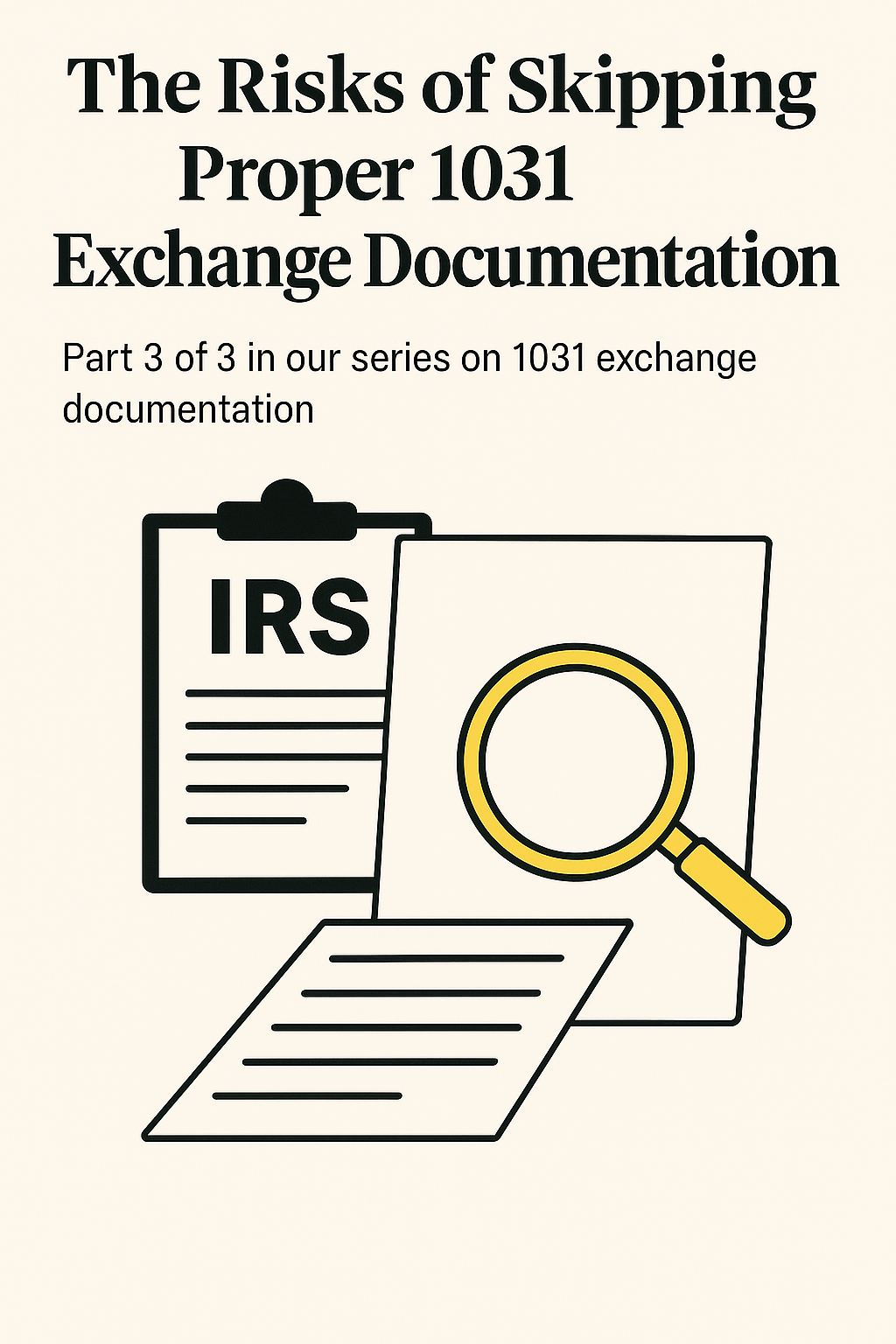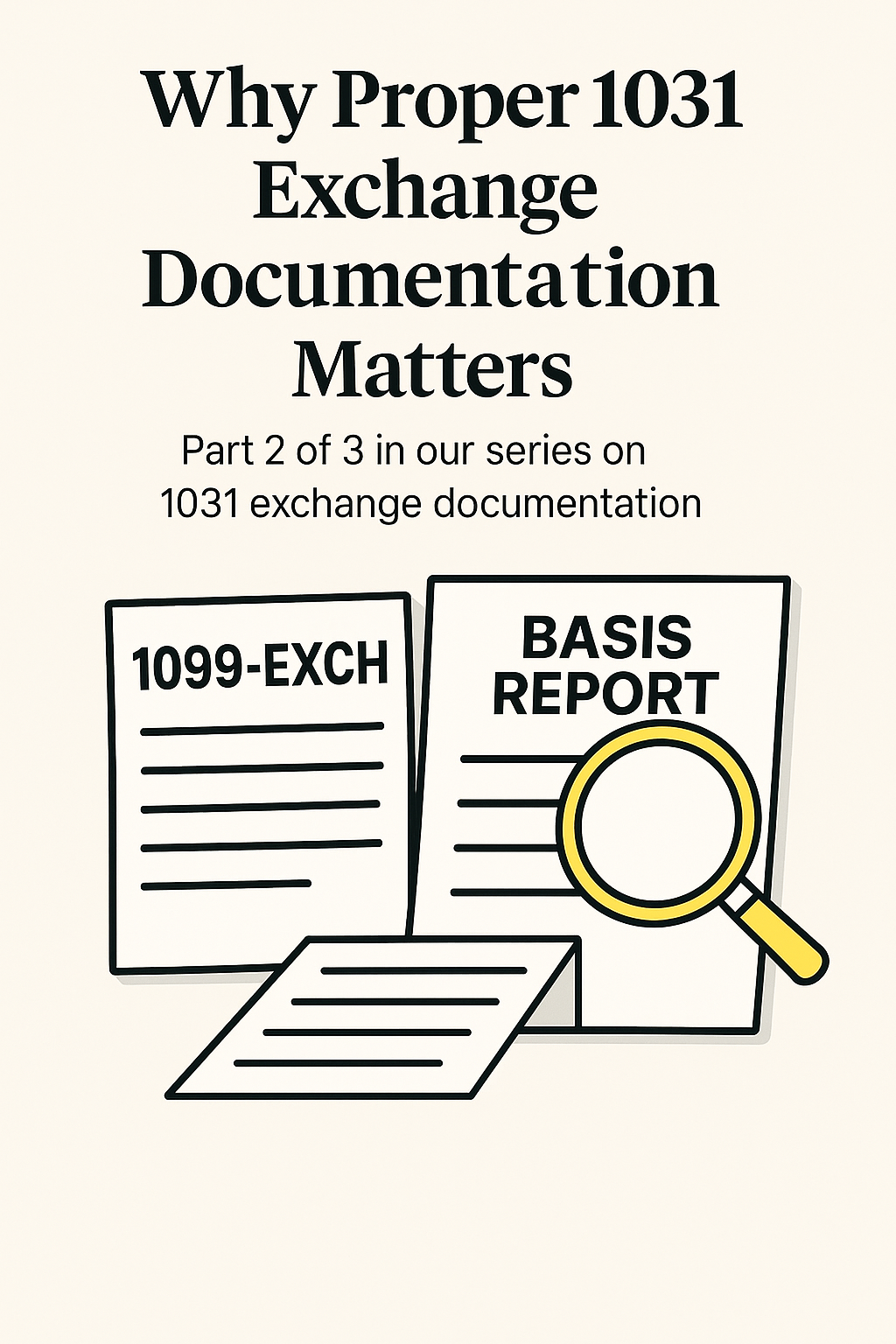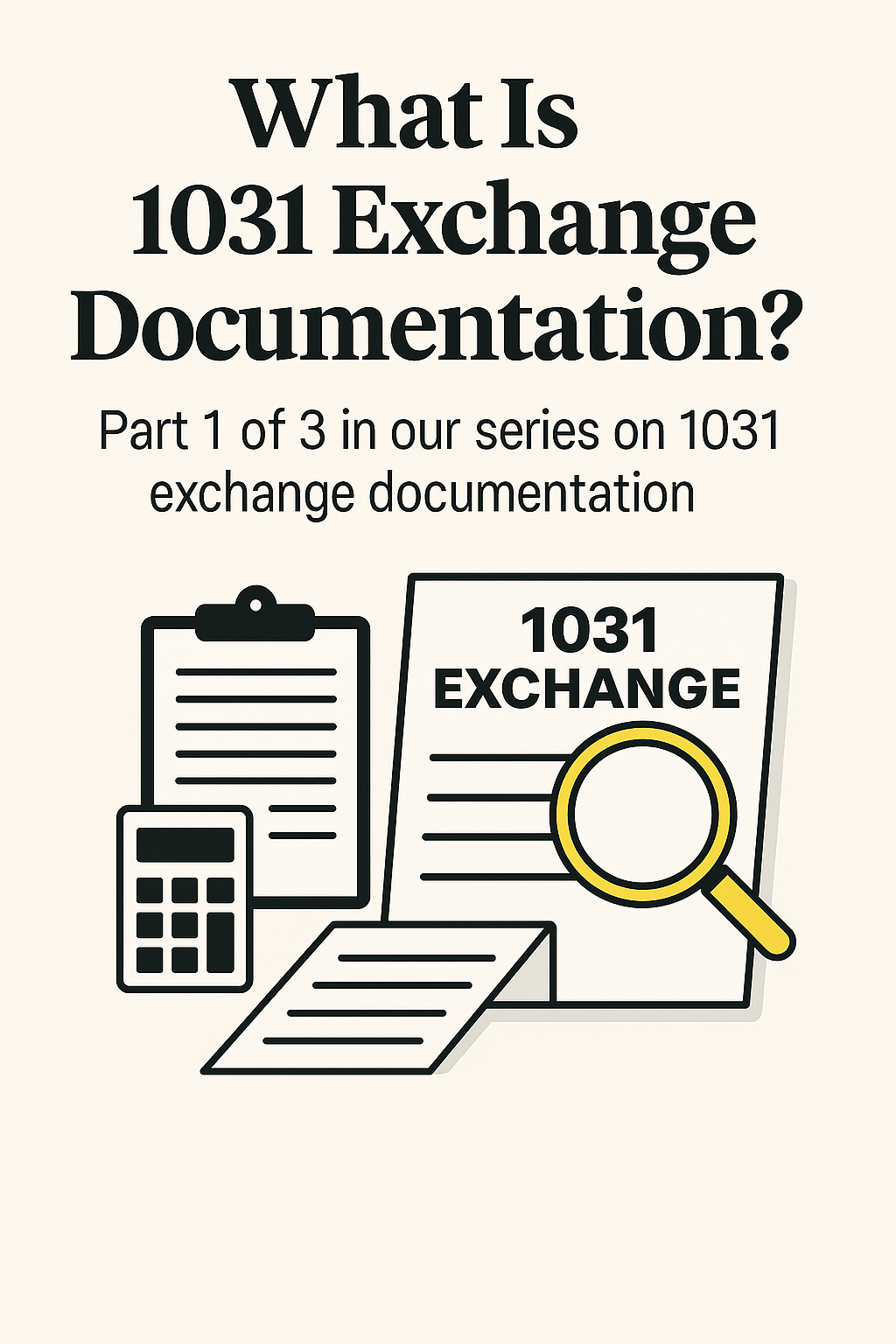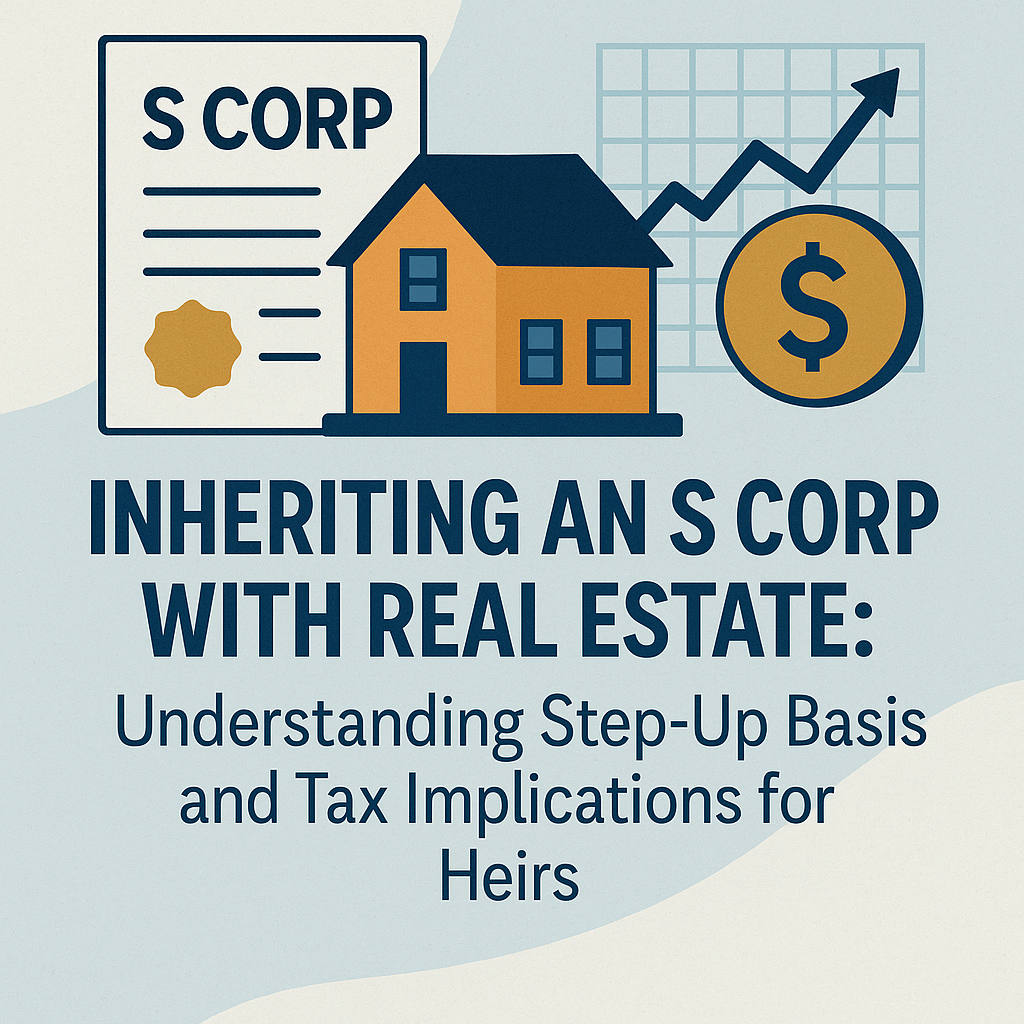Mack’s Story
When he was a younger man, Mack bought a condo to live in. Later, as his fortune and family grew, he bought a new home and rented the condo. Like most real estate investors, he kept his condo for ages. Eventually, the area where the condo was located became unfriendly to landlords, and Mack decided to sell. He did so for a little more than $500,000.
In order to avoid tax, Mack made an exchange and bought three DSTs. His current tax preparer completed his return. The tax preparer used the basis from the old property to figure Mack’s depreciation on the new property. He didn’t use excess basis. This meant Mack would get about $1,500 in depreciation deductions to shelter his almost $30,000 net income.
Mack did some research and felt that his depreciation was too low. He asked for our opinion. After reviewing the 2018 returns, it was confirmed that his suspicions were right. The preparer missed about $600,000 of trade-up basis. We advised Mack of the issue and that we could also do cost segregation on the excess basis. This will provide Mack with about $250,000 in depreciation deductions versus the $15,000 that he would have received if he had trusted his tax preparer’s work. This will likely save Mack more than $80,000 in taxes over the next 10 years.
Mack got lucky, but that isn’t always the result.
Lilly’s Story
Lilly called us within a day or two of Mack. Lilly’s story is much like his, except she had some debt on the property she sold. The other big difference is that she didn’t want to have any more debt when she bought the new properties. She worked very hard to match the debt on the properties she sold with the debt on the properties she bought. It may be important to mention that her transaction was much larger than Mack’s.
Lilly took her information to her tax preparer. The preparer didn’t know about carryover basis or excess basis; against all logic, the preparer used the cash Lilly invested for her basis. The way the preparer did the return, Lilly got $105,000 in depreciation deductions. In future years, she would get about $75,000 in depreciation each year.
Lilly had owned the property she sold for a long time—not as long as Mack, but a long time. She didn’t have any excess basis. Her depreciation should have been based on the carryover basis, which means she should claim about $12,000 a year in depreciations. If Lilly hadn’t come to us, she would have claimed about $730,000 in depreciation she was not entitled to.
Someone reading this might think that more depreciation can’t be bad; that means less tax! Here’s the problem. Suppose Lilly took that depreciation, originally calculated for 10 years, and then got audited. When the auditor found the error, Lilly would get a 481 adjustment. That means that she would have to pay back the extra depreciation she claimed by putting it as income on her tax filings over the next three years. She would have more than $230,000 of income each year: income on the tax return, but not in her bank. That’s a tax bill most of us never want to see.
Conclusion
Mack got lucky, Lilly not so much. Both stories illustrate important points. The mistakes that both of their preparers made are common. Most preparers don’t have many clients who do exchanges. As a result, most preparers don’t have a lot of practical experience computing 1031 exchanges.
Neither Mack nor Lilly had a clue what they were buying. Mack was pleasantly surprised. Lilly wishes she had talked to us before her exchange. While no one wants more debt, when it comes to taxes, there are some real benefits to debt. When you are considering an exchange, it is very important. Whether you want to increase debt, take out cash, reduce taxes, whatever your goal, planning first only makes sense. You wouldn’t drive across the country without a plan. You don’t want to exchange without a plan either.














